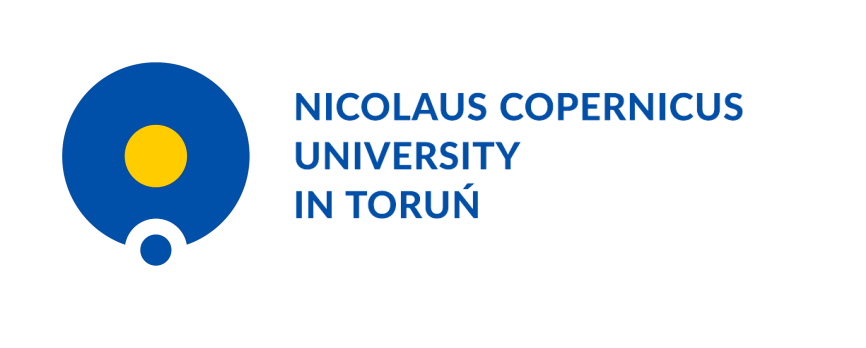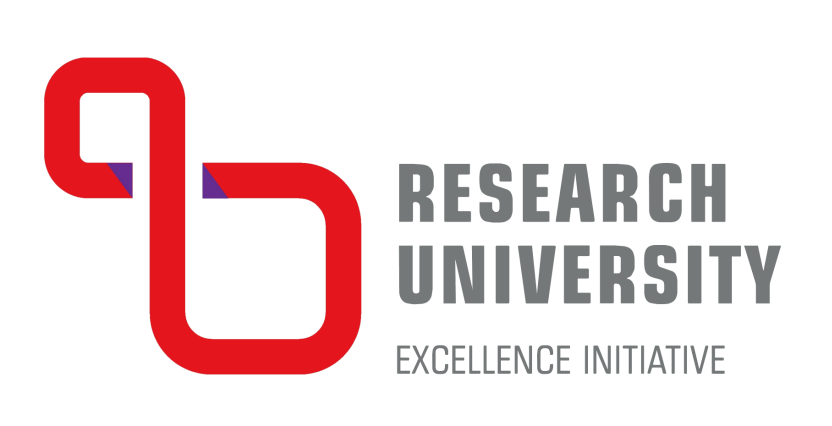Adam Szumski: Professor, please explain what the competition is about? There are voices that competitions from the IDUB Program are for a select few.
Mariusz Kozakiewicz: In a way it is so, they are for the chosen ones who apply. The best ambassadors would be those who leave, as well as those who come to our university. It seems to me that the feeling of being in the second league should be over. Our university is not in the second league at all, some of our departments are leading departments not only in European, but also in world science – physics or astronomy, for example. These competitions are aimed at increasing our participation in international science and making our university more internationalized. To show those who have a problem with appreciating their quality that they are equal to the best. I have not yet met a person who was not satisfied with the trip, it is always associated with nice memories. Not only the scientific aspect is important, but also the networking opportunities. Our competitions are designed to raise mobility to a higher level, even for those coming to us from leading scientific centers, it is quite attractive both economically and scientifically. It allows us to establish cooperation and increase the share of international research and international teams in the research conducted in all departments at our university.
AS: Who is it aimed at?
MK: The competition is aimed at post-doctoral trainees who go to foreign centers and institutions conducting research. To post-doctoral trainees who come to us to continue their research, scientific
or teaching project. We are very open to this cooperation, so we are not limited to strict restrictive rules related to the purpose of the trip. The purpose must produce positive results and offer the prospect of achieving that goal. We believe that requesting things that seem unrealistic in the short term for implementation is less valuable than planning, for example, a project that will culminate in a publication in a reputable scientific journal or the development of a new type of teaching, course, or scenario at a medical simulation center. This is more realistic and offers a much better chance for further cooperation than setting very ambitious requirements. We take a very realistic approach to this, during the course of such an internship this goal that the researchers set for themselves must be realized.
We also fund our professors to go on foreign internships and establish international cooperation with leading research centers in the world. Thus, we are very interested in the visits of professors from foreign centers to our university. To my mind, the offer of both research and teaching at our university is quite rich. This spectrum of research and directions that we have makes it possible for professors from all types of fields to visit us.
I can cite an example from the Bydgoszcz campus, from where one professor went to a research center in Spain, as one of the interesting completed projects. The internship resulted in an interesting monograph, which had a very good reception, because the pharmacological recommendations entered the canon of recommendations in therapy.
AS: We can see how important internationalization is.
MK: Yes, internationalization is incredibly important, because of the ways in which scientific units are evaluated both in Poland and internationally. It is such interdisciplinary research that gets the most recognition and is better received by the scientific community. It turns out that research combining the humanities and sciences is very valuable and brings interesting solutions. We hope that such projects will be created in our country and it is possible that such initiation of international cooperation will have in the further context of obtaining some valuable grant, such as funding in Horizon projects or Marie Sklodowska-Curie Actions. Projects from these institutions testify to the quality of the university, and we hope that these contacts between researchers, made available through mobility competitions from the IDUB program, will result in such cooperation in the future, which will have a dimension that will be top-rated in scientific rankings.
AS: Professor, and how to encourage academics to compete, because I have the impression that there is a big problem?
MK: We are currently in strange times, we started the competitions just before the pandemic, but still managed to implement several dozen “mobility”. How can we encourage? It seems to me that such a free flow of people, thoughts, science is such one of the benefits of the opportunities the Western world makes possible. By participating in the competition, both foreign beneficiaries and our employees, doctoral students and students can enrich their knowledge, experience and broaden their horizons. The benefits that come from competitions are wide-ranging, with an obvious impact on career development, as well as an overlooked aspect related to changing one’s worldview. Regardless of the direction of the trip, the reason, and whether it is within a specialty or scientific field there is always one common denominator, that these trips are remembered very positively and fondly as a positive part of career development. And let’s not forget the economic aspect, as trips to the US or Australia are also possible. I believe that the mobility competitions are among the most important of the entire IDUB program and can bring a lot of benefits in the future.
AS: Thank you for the interview!


 ul. Gagarina 7, 87-100 Toruń
ul. Gagarina 7, 87-100 Toruń